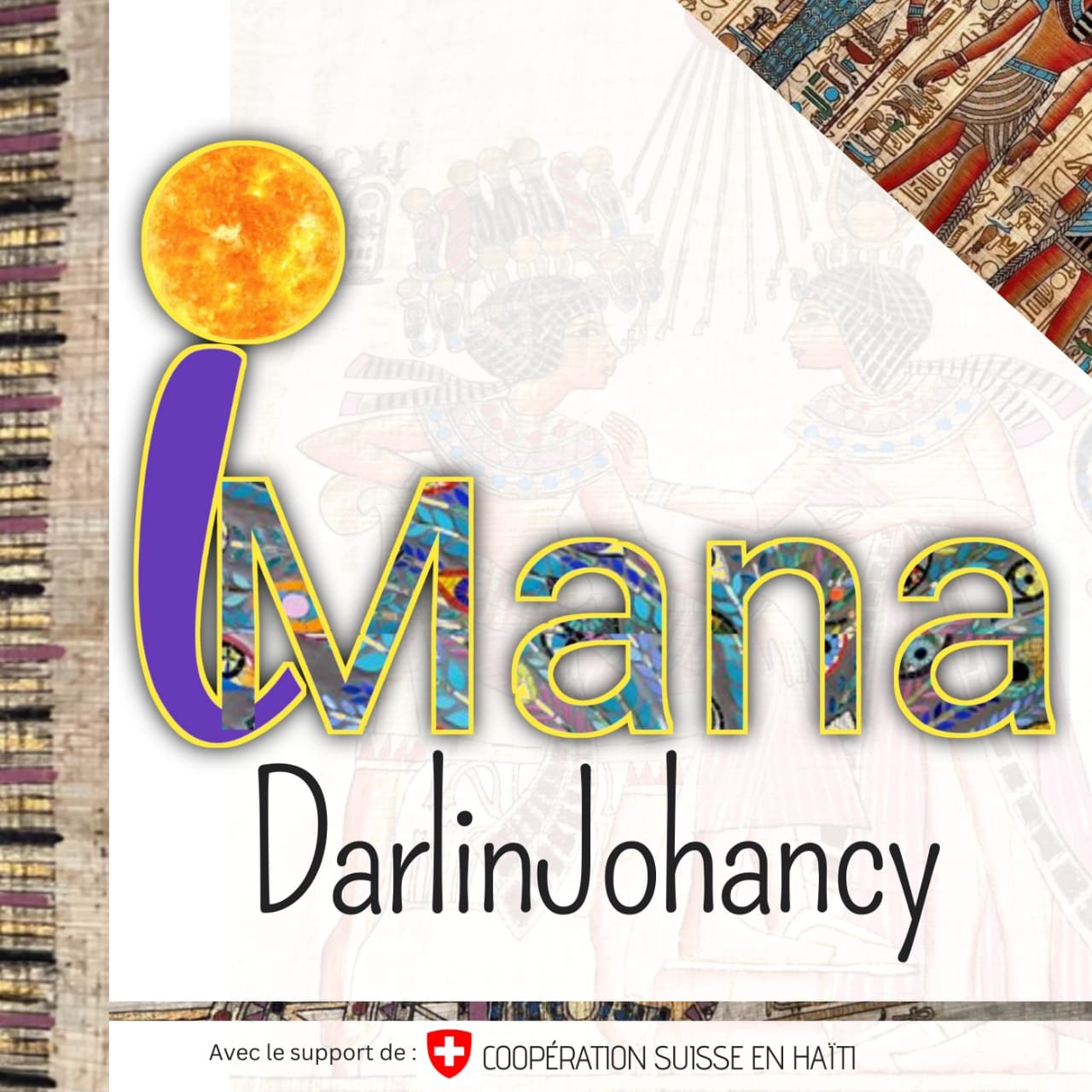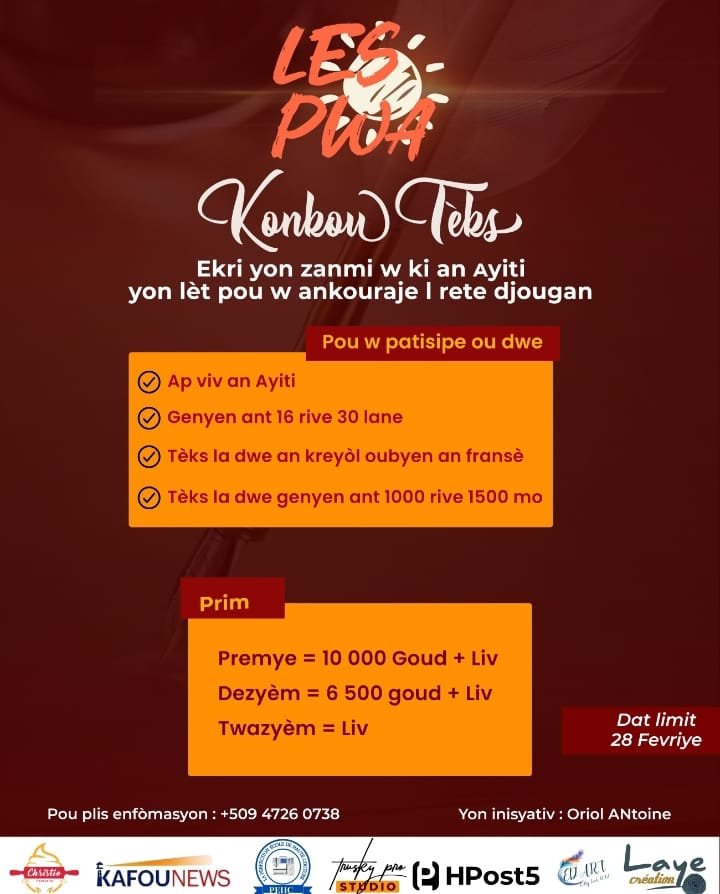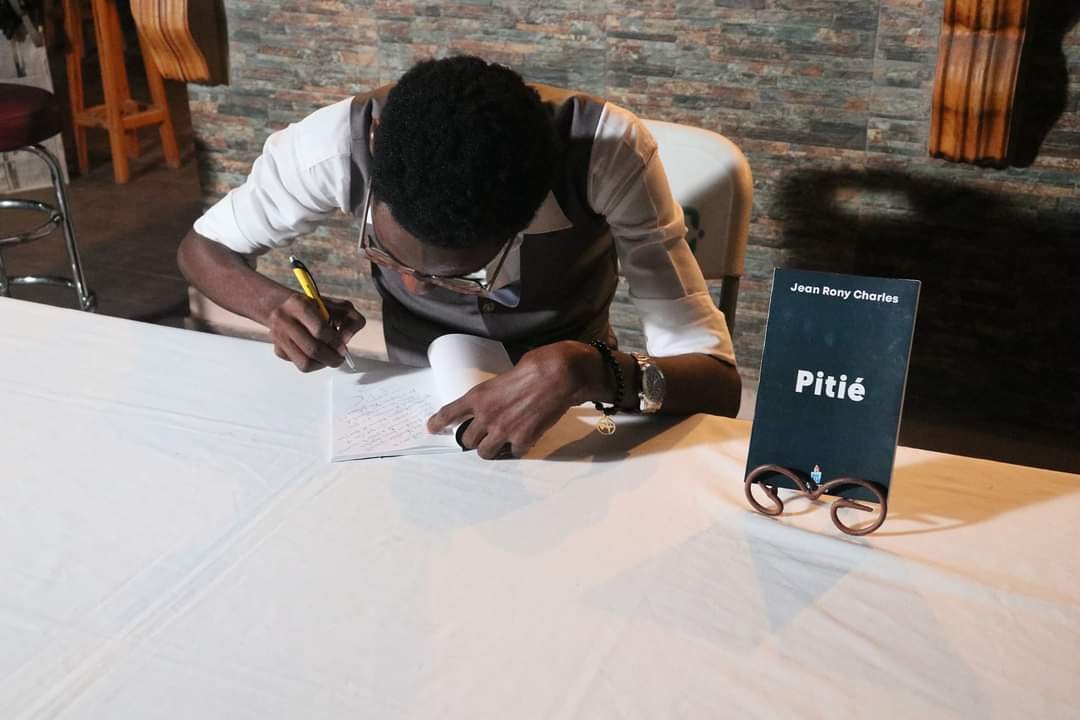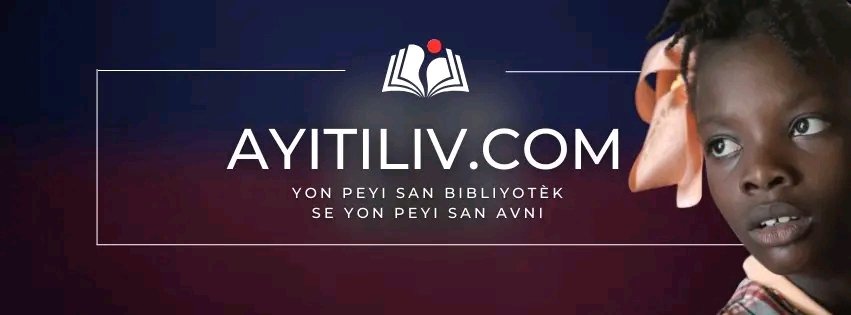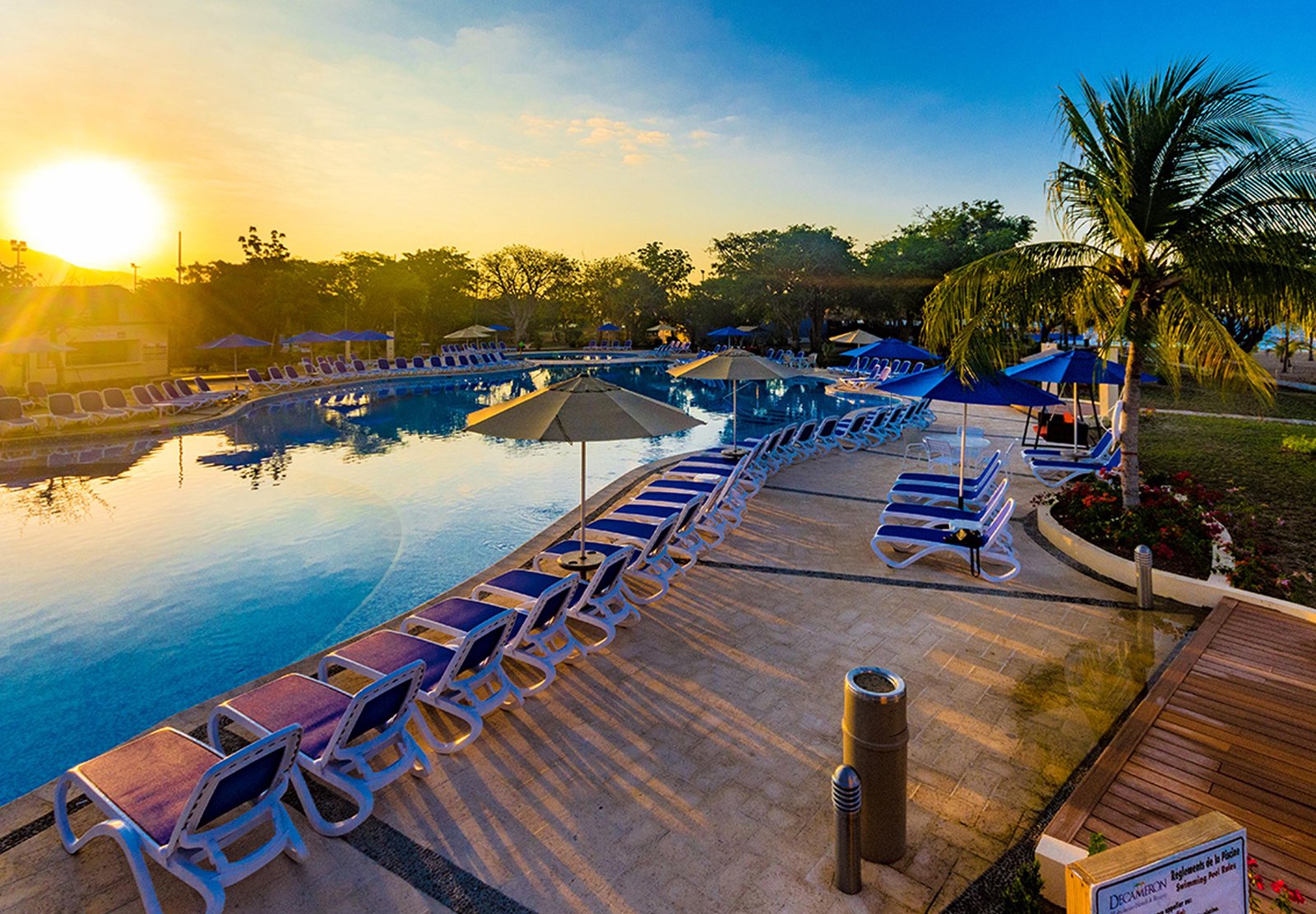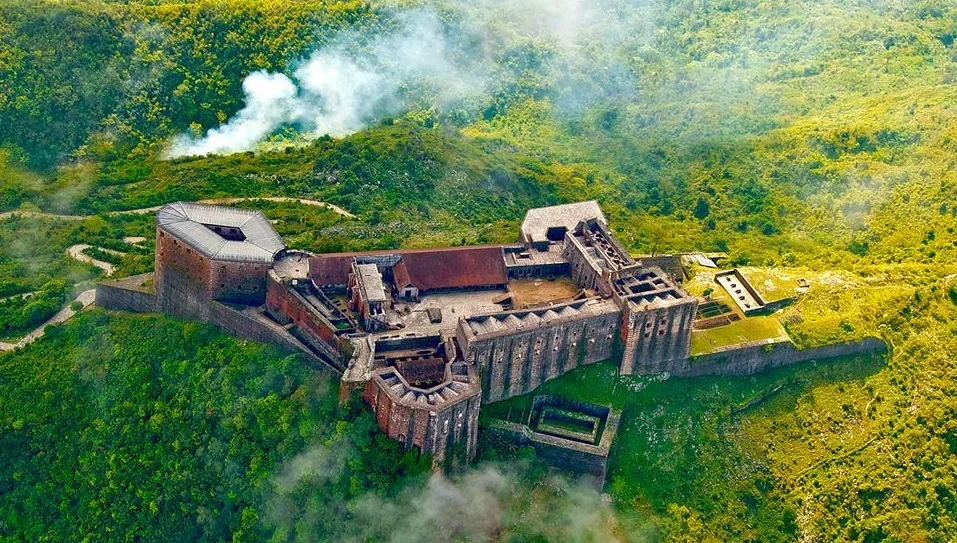Timoun se moun : Un concours de poésie pour promouvoir les droits de l’enfant en Haïti
Un pays meurtri. Plié sous le poids d’une crise multidimensionnelle. Violence généralisée. Espoir fermé à double tour. Une génération sacrifiée. Les enfants sont de plus en plus menacés. Ils sont de plus en plus confrontés à toutes formes de vulnérabilités entravant l’ensemble de leur développement. Ainsi, ACTIF lance la deuxième édition du concours de poésie «Timoun se Moun ». Une initiative citoyenne où l’organisation fait de l’écriture un tremplin pour bâtir ce que la vie prive aux enfants haïtiens.
La douleur peut être transformée en or. La poésie est pour ACTIF (Action Communautaire de Transformation et d’Intégration Formelle) une pierre philosophale. Pas seulement pour cette organisation, mais aussi pour tous ceux qui croient que l’écriture peut aider à rallumer les étoiles. Face à cette urgence d’agir, c’est « une initiative pour sensibiliser, dénoncer et affirmer haut et fort que chaque enfant compte, chaque enfant mérite protection, espoir et avenir» peut-on lire dans le document descriptif du concours.
Voir Aussi
Que comptez-vous donc faire de votre lumière humaine ? À travers ce concours, les participants ont l’occasion de poser un acte de résistance, tel un cri de conscience pour porter la voix de l’enfance brisée. Ouvert du 18 mai au 18 juin, « Timoun se Moun » s’adresse à tout Haïtien vivant dans le pays et âgé de 18 ans et plus. Les textes doivent être soumis en créole. Derrière cette initiative, ACTIF entend d’une part affirmer notre identité culturelle et linguistique, d’autre part enrichir notre littérature créole, la valoriser et encourager la créativité dans notre langue vernaculaire.
Le texte ne doit pas excéder 500 mots. Le format retenu est le PDF, la police Times New Roman, la taille 12 et l’interligne 1,5. Ce concours veut offrir une part de tendresse à ces enfants qui sont les premières victimes de la descente aux enfers du pays.
Pour évaluer la qualité littéraire des textes reçus et leur essence, un jury est composé de Ruthza Paul, Douglas Zamor et Darly Renois. La première est médecin et lauréate de la première édition de ce concours. Les deux autres évoluent dans les domaines de la sociologie, de la psychologie et de la littérature.
Au-delà des prix « Prix du jury : 15 000 HTG + livres + certificat » et « Prix du public : 5 000 HTG + certificat + livres», les meilleurs textes feront partie d’une anthologie qui sera publiée chez les Éditions Répérages. Il est à noter qu’il y aura un gagnant pour chaque prix. Une telle initiative traduit l’engagement de l’ACTIF à inscrire dans l’éternité des auteurs qui embrassent la cause des enfants démunis tout en enrichissant le patrimoine littéraire haïtien.
À tous ceux qui croient que, par la poésie, on peut faire de sa vie un chef-d’œuvre, ce concours vous tend la main. Par la même occasion, il offre l’opportunité de contribuer au programme de protection de l’enfant piloté par ACTIF. Chaque participant peut soumettre un seul texte. Ce dernier doit être envoyé par mail à l’adresse suivante : actifkonkoupwezi@gmail.com. Les résultats partiels seront publiés le 30 juin 2025 et les résultats définitifs, le 18 juillet 2025.
Pour plus d’informations, vous pouvez visiter ACTIF à l’adresse suivante : 18, Rue Desdunes, Imp. Thoby, Mahotière 79, Carrefour, Haïti ou contacter l’organisation au numéro suivant : (+509) 38 44 57 57.
Plus qu’un simple concours, ACTIF vous invite à dire Non. Non à l’oubli. Non à la passivité. Non à la violence faite aux enfants et à la violation de leurs droits.
Lire l'article en :












